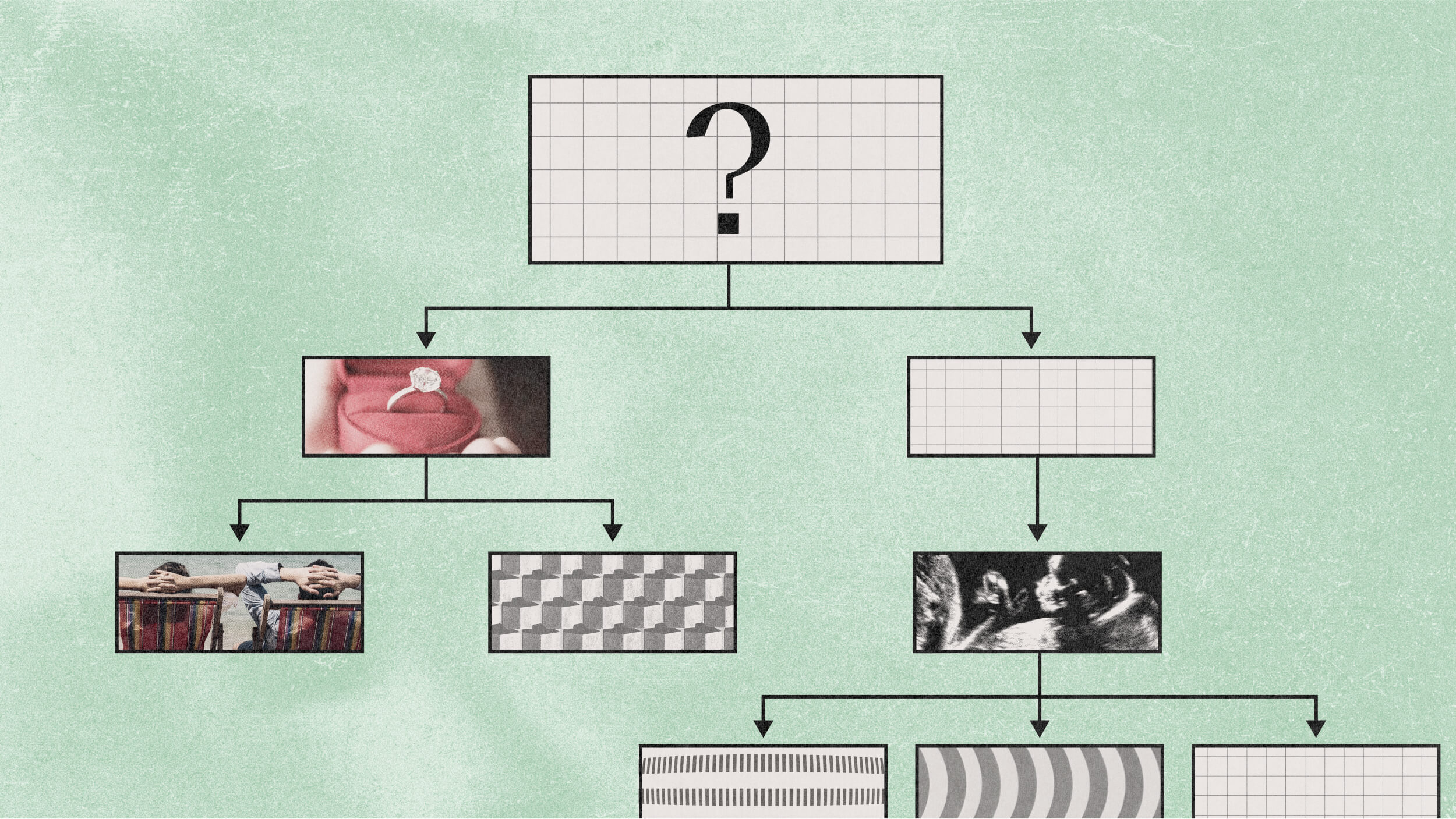Ultimately, Wales says, that money would be better spent elsewhere.
Question: Would you ever partner with the One Laptop per Child Project?
Jimmy Wales: Well, so we actually-- they’ve named Wikipedia as one of the key content pieces that they’re gonna be distributing on the laptop in whatever relevant language there is. But yeah, not so much. I’m a bit of a skeptic, actually, of the one laptop per child project. I love the idea. There’re really great people who’re working on it, but I’m not sure that it’s the right technology. And I’ve been quite critical of their past very top down approach to marketing it. I’m not so sure that it’s such a great idea to convince some of the poorest governments in the world to buy one million units at $100 each. And anyway it’s not $100 now, it’s $173 or whatever they’ve gotten it down to. But to spend $173 million on laptops, I’m not sure that’s the best use of funds. And I get that from my experiences in talking to educators in the developing world. I visited schools in India where the tuition for a kindergartner is about two US dollars a month. And then it goes up to maybe four dollars a month-- four or five dollars a month for seventh and eighth grade. Well, you realize at two dollars a month, you can get a lot of months of kindergarten. A live teacher, real hands-on day-to-day instruction for the price of that laptop. And so it’s not clear to me that this technology is the right technology in that location. And that’s not to say that there aren’t other locations where that is the right technology. Where, you know, actually this would be just the prime time that they could use some advance like this; but I’m not so convinced. And I would much prefer them to use a much more market-oriented model of getting these things out there. I mean, if they’re really valuable for kids, well, sell them on the open market. People will buy them. I think there’s huge opportunities. You know, because of Moore’s law, because computing power gets cheaper and cheaper, we’re seeing cell phones, for example, the penetration of mobile devices in the developing world is amazing, and increasing all the time. And we’re also seeing, you know, computers now reaching further and further down that hierarchy. I think it’s a great thing for people to push in that direction. I think it’s a lot more sustainable if we don’t think of this as a purely charitable project, but as actually an opportunity. Certainly, if somebody can build a laptop for $100 and sell it for $120, wow, there’s a whole business to be done there. And then we don’t have to hope and wish that this will happen; it just will happen. The same way it just has happened that the mobile devices are getting in there. So well, you know, I wish them the best, but I am a little skeptical, and I’m not sure it’s the right approach.
Question: Is the best approach to let the market handle it?
Jimmy Wales: Maybe, maybe not, right? I guess what I would say is that if someone is a philanthropist, and they are interested in not just waiting, but actually pushing this forward, I think that they really should still be very cognizant of the market, and really thinking of ways to subsidize the eventual market adoption of these things. I don’t think it’s the kind of thing that we should think about funding indefinitely as just a charitable project. I don’t think it makes sense to do that. But this kind of reflects a broader view that I have on aid philosophy, which is-- can be summed up with the old saying of, “Give a man a fish, and you’ve fed him for a day; teach him how to fish, you’ve fed him for a lifetime.” That kind of thinking is really what I think we should be looking at. And so it’s like, “Give someone a computer, and well, they’ve got a computer for a couple of years until it breaks; but build a sustainable infrastructure around local entrepreneurs being able to make a living buying and selling these devices, well, now you’ve really changed the game.” And I think there’s nothing wrong with people who want to do philanthropy saying, “Look, I actually think this is worth doing, and I want to put my money behind pushing in this direction. And that’s very different from being too sort of top-down oriented.
Recorded on: 4/30/08






